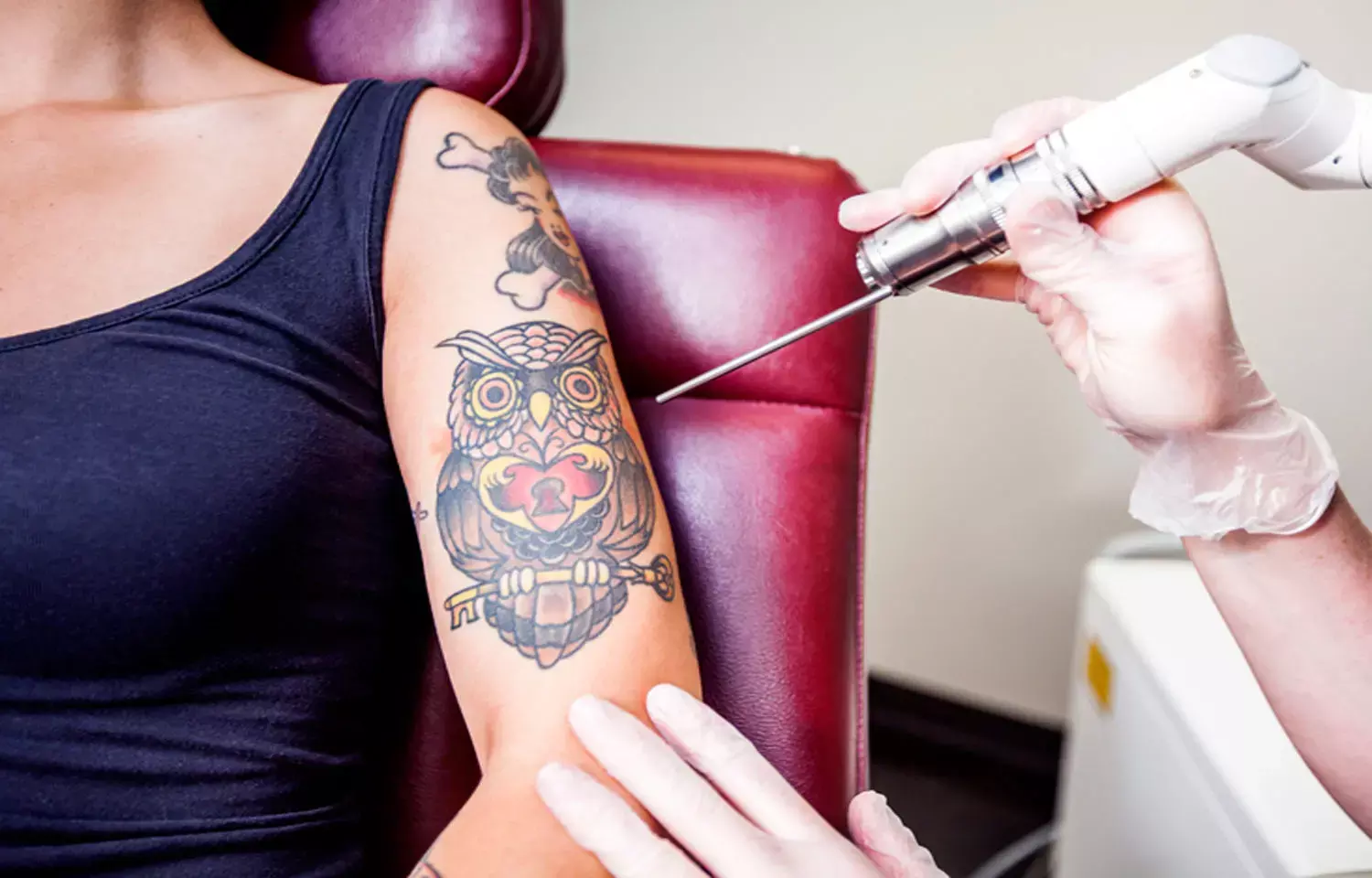- Home
- Medical news & Guidelines
- Anesthesiology
- Cardiology and CTVS
- Critical Care
- Dentistry
- Dermatology
- Diabetes and Endocrinology
- ENT
- Gastroenterology
- Medicine
- Nephrology
- Neurology
- Obstretics-Gynaecology
- Oncology
- Ophthalmology
- Orthopaedics
- Pediatrics-Neonatology
- Psychiatry
- Pulmonology
- Radiology
- Surgery
- Urology
- Laboratory Medicine
- Diet
- Nursing
- Paramedical
- Physiotherapy
- Health news
- Fact Check
- Bone Health Fact Check
- Brain Health Fact Check
- Cancer Related Fact Check
- Child Care Fact Check
- Dental and oral health fact check
- Diabetes and metabolic health fact check
- Diet and Nutrition Fact Check
- Eye and ENT Care Fact Check
- Fitness fact check
- Gut health fact check
- Heart health fact check
- Kidney health fact check
- Medical education fact check
- Men's health fact check
- Respiratory fact check
- Skin and hair care fact check
- Vaccine and Immunization fact check
- Women's health fact check
- AYUSH
- State News
- Andaman and Nicobar Islands
- Andhra Pradesh
- Arunachal Pradesh
- Assam
- Bihar
- Chandigarh
- Chattisgarh
- Dadra and Nagar Haveli
- Daman and Diu
- Delhi
- Goa
- Gujarat
- Haryana
- Himachal Pradesh
- Jammu & Kashmir
- Jharkhand
- Karnataka
- Kerala
- Ladakh
- Lakshadweep
- Madhya Pradesh
- Maharashtra
- Manipur
- Meghalaya
- Mizoram
- Nagaland
- Odisha
- Puducherry
- Punjab
- Rajasthan
- Sikkim
- Tamil Nadu
- Telangana
- Tripura
- Uttar Pradesh
- Uttrakhand
- West Bengal
- Medical Education
- Industry
Tattooing disrupts sweat secretion causing body to overheat, suggests study

USA: Tattooing may impede sweat secretion that impacts heat dissipation resulting in overheating of the body, suggest a recent study in the Journal of Applied Physiology.
Skin tattooing involves repeated insertions of a needle to deposit ink into the skin's dermal layer, This could have a damaging effect on the eccrine sweat glands and the cutaneous vasculature. The study by Scott L. Davis, Southern Methodist University, the United States, and colleagues tested the hypothesis that reflex increase in sweat rate (SR) and cutaneous vasodilation is blunted in tattooed skin (TAT) compared to adjacent healthy skin (CON) during passive whole-body heat stress (WBH).
The study included 10 people (5 men, 5 women) with a sufficient area of tattooed skin. SR, skin blood flow (laser-Doppler flux; LDF), skin temperature (Tskin), and intestinal temperature (Tint) were continuously measured during normothermic baseline (34 °C water perfusing a tube-lined suit) and WBH (increased Tint 1.0 °C via 48 °C water perfusing suit).
Key findings of the study include:
- SR throughout WBH was lower for TAT compared to CON.
- Accumulated sweating responses during WBH (area under curve) were attenuated in TAT relative to CON (23.1±12.9, 26.9±14.5 mg×cm-2).
- Sweating threshold, expressed as the onset of sweating in time or Tint from the initiation of WBH were not different between TAT and CON.
- Tattooing impeded the ability to obtain LDF measurements.
"Our data suggest that tattooing damages natural secretion mechanisms and affects the reflex capacity of the gland for sweat production. However, tattooing does not affect neural signaling to initiate sweating. Decreased sweating in turn impacts heat dissipation especially when tattooing covers a higher percentage of body surface area. This could be considered a potential long-term clinical side effect of tattooing," concluded the authors.
The study, "Skin tattooing impairs sweating during passive whole-body heating," is published in the Journal of Applied Physiology.
DOI: https://journals.physiology.org/doi/abs/10.1152/japplphysiol.00427.2019
Dr Kamal Kant Kohli-MBBS, DTCD- a chest specialist with more than 30 years of practice and a flair for writing clinical articles, Dr Kamal Kant Kohli joined Medical Dialogues as a Chief Editor of Medical News. Besides writing articles, as an editor, he proofreads and verifies all the medical content published on Medical Dialogues including those coming from journals, studies,medical conferences,guidelines etc. Email: drkohli@medicaldialogues.in. Contact no. 011-43720751


